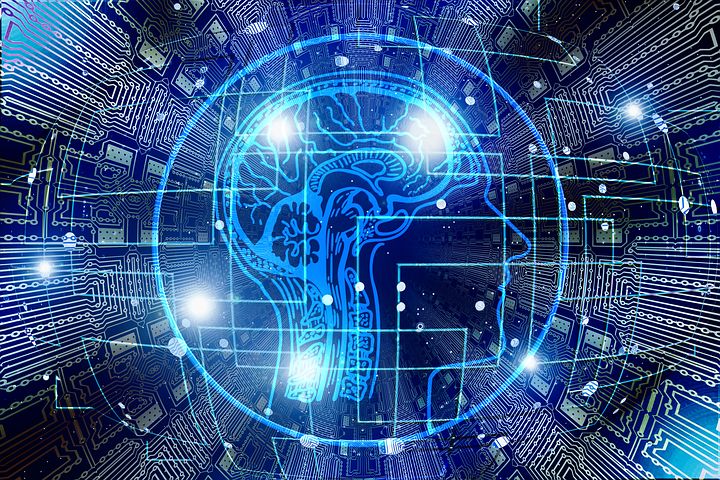Light on AI - Introduction

Artificial Intelligence (AI) refers to the development of computer systems that can perform tasks that typically require human intelligence, such as visual perception, speech recognition, decision-making, and language translation. AI has become increasingly important in many industries, including healthcare, finance, and transportation, due to its ability to analyze large amounts of data and make predictions based on that data.
One of the best examples of AI application is in the field of healthcare. AI can be used to analyze patient data, identify patterns, and make predictions about potential health risks. For instance, AI algorithms can analyze medical images such as X-rays or MRIs to identify abnormalities that might be difficult for human doctors to spot. AI can also be used to personalize treatment plans based on individual patient data, which can improve patient outcomes and reduce healthcare costs.
Another example of AI application is in the field of finance. AI can be used to analyze large amounts of financial data, such as stock prices and economic indicators, and make predictions about future market trends. This can help financial institutions make more informed investment decisions and reduce the risks associated with market volatility.
In transportation, AI is being used to develop self-driving cars and improve traffic management systems. Self-driving cars rely on AI algorithms to interpret real-time traffic data, navigate roads, and make decisions about speed and direction. AI can also be used to optimize traffic flow by analyzing data from sensors and cameras on roads and highways.
Overall, AI has the potential to transform many industries and improve our daily lives in countless ways. However, it is important to consider the ethical implications of AI development and ensure that it is being used responsibly and for the benefit of society as a whole.